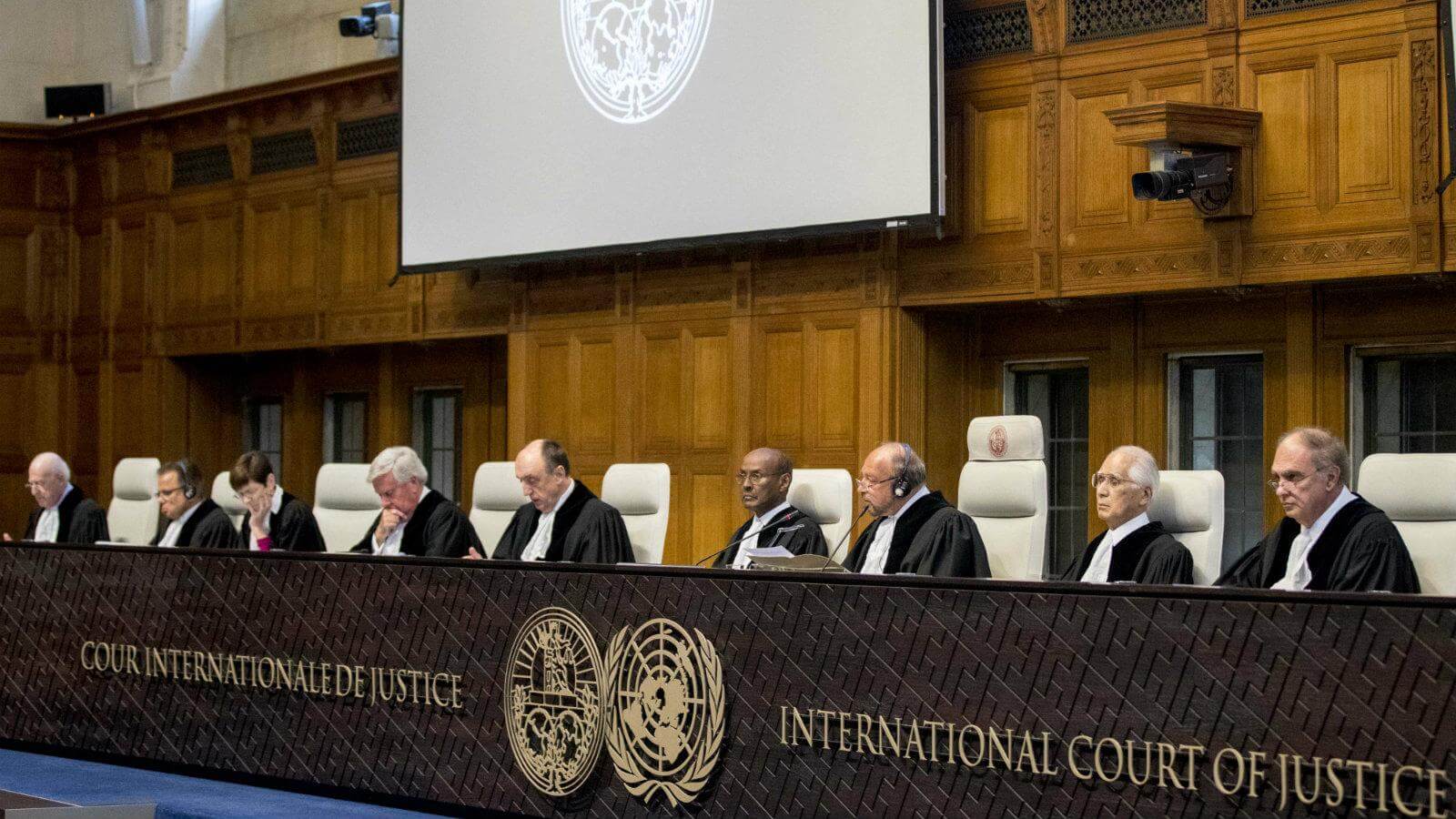July 12 marked the fifth anniversary of the Arbitral Tribunal under the United Nations Convention on the Law of the Sea’s (UNCLOS) ruling on China’s claims against the Philippines in the South China Sea (SCS). The panel ruled that China’s claims of “historic” rights within the nine-dash line, which Beijing uses to outline its claims in the disputed SCS, were without legal foundation. It also found that Beijing’s activities within the Philippines’ two-hundred-nautical-mile Exclusive Economic Zone (EEZ) and continental shelf, such as illegal fishing and the construction of environmentally harmful artificial islands, violated Manila’s sovereign rights.
At the time, China dismissed the ruling as “nothing more than a piece of waste paper” and has since continued its aggressive provocations in the region. Although China’s dismissal of the verdict and continued aggression has been met with criticism, history tells us that its behaviour is not out of step with the actions of actors across the globe. In fact, most powerful nations have been found to ignore verdicts passed by international courts.
In 1986, the International Court of Justice (ICJ) ruled that the United States (US) government had violated international law by providing funds for military and paramilitary activities by the opposition of the Nicaraguan government, and by mining the country’s harbours. In response, the US dismissed the judgment on the claim that the Latin American regime was a Soviet pawn and that the court had no authority in the case. In addition, it also misused its power as a permanent member of the United Nations Security Council (UNSC) to veto resolutions calling on the US to follow through with the verdict.
More recently, the US imposed sanctions on former International Criminal Court (ICC) chief prosecutor Fatou Bensouda and another senior prosecution official, Phakiso Mochochoko, in order to prevent the ICC from investigating its actions in Afghanistan and Palestine. While the Trump-era sanctions have been lifted, Washington continues to refrain from joining the ICC and continually opposes its investigations.
Similarly, in 2014, the ICJ in 2014 ruled that Japan must stop whaling, a practice of hunting and killing whales for their oil, meat, or whalebone. Tokyo defended itself by saying that the hunting was for “scientific research” and within a few months of the ruling, resumed “research whaling” in Antarctic waters.
Russia is no stranger to this behaviour either and has a long history of dismissing international rulings. In fact, just earlier this week, Moscow rejected a European Court of Human Rights order to recognise same-sex unions on the premise that it goes against the Russian constitution and accused the court of “meddling” in its internal affairs. In 2018, the Russian government refused to accept an international arbitration ruling that obliged it to pay Ukraine’s biggest state-run bank $1.3 billion in compensation for the loss of business in Crimea following Russian annexation in 2014. Further back, in 2016, President Vladimir Putin approved an order to officially withdraw from the process of joining the ICC.
In January, the UN’s International Tribunal for the Law of the Sea (ITLS) extensively criticised the United Kingdom’s (UK) failure to hand the Chagos Islands, located in the Indian Ocean, over to its former colony Mauritius. The UK unsurprisingly used the same argument as other powers and retaliated saying that it had “no doubt” of its sovereignty and that it would continue to use the islands until its defence purposes in the region are complete.
Yet, at the same time, smaller nations like Sudan have not been able to escape the clutches of international law. For example, the ICC in 2008 indicted then Sudanese leader Omar al-Bashir for multiple crimes against humanity, including overseeing murder, extermination, forcible transfer, rape, and torture in Darfur. Although the leader insisted that the court had no authority over the matter, his travel became effectively restricted only to nations that promised not to hand him over to the court.
Hence, while major powers have been quick to criticise those that do not follow international protocol, it is clear that these laws are only enforceable on smaller, weaker nations and those who do not align with their worldview. It is clear the narrative surrounding the necessity and legitimacy of these laws is entirely dependent on who it implicates. Against this backdrop, criticism of China’s refusal to abide by the terms of the UNCLOS ruling once again underlines the hypocritical nature of how international law is interpreted and enforced.
What Is the Relevance of International Rulings?
China has continued to ignore the UNCLOS ruling that dismissed its claims in South China Sea. However, this behaviour is not unique to China.
July 16, 2021

SOURCE: QUARTZ INDIA
